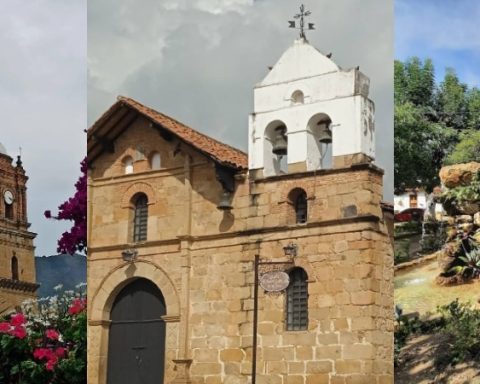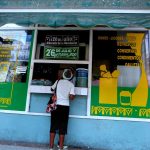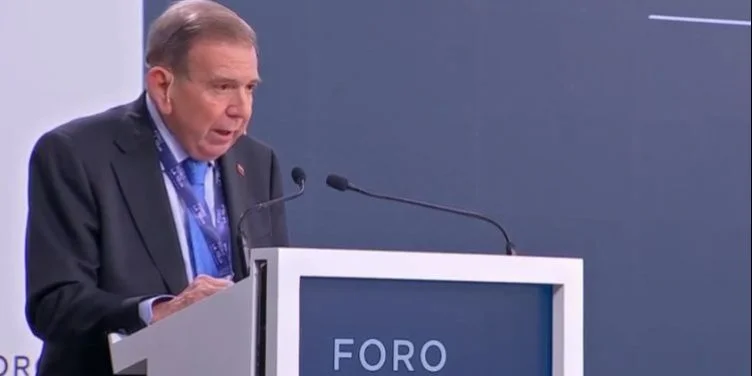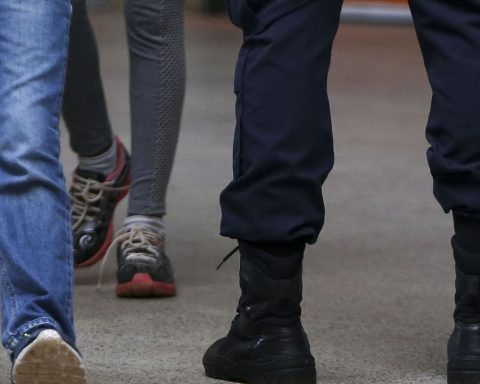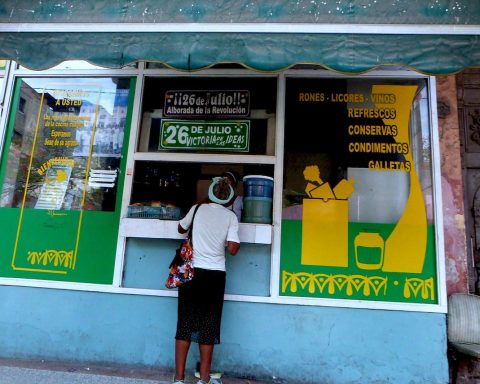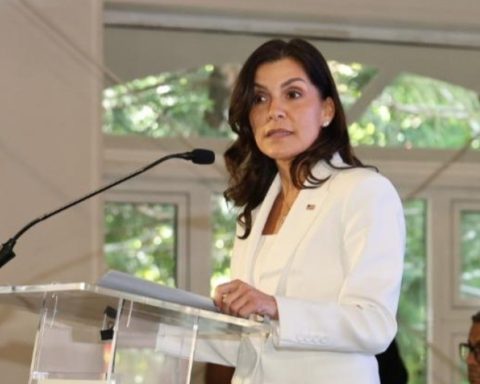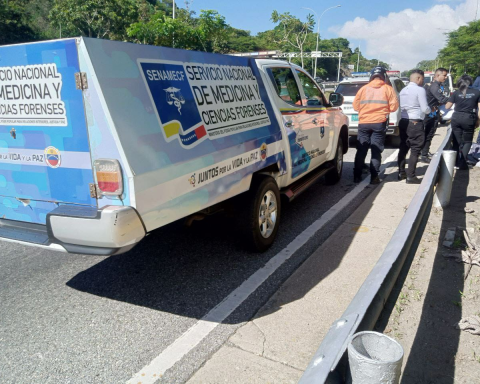Despite the fact that much of its process occurred outside the radar of public opinion, as soon as eyes were placed on it, the reform of the General Participation System became one of the main topics on the economic agenda in Colombia. , since while the National Government defends it and has the blessing of the President, the alerts about its effects and the risk it generates for fiscal stability do not cease.
Most of the alerts have focused mainly on the need to carry out a parallel reform, which avoids duplication of functions and that, in addition to the increase in income for operating expenses that will occur if the initiative becomes law, a transfer of responsibilities from the central government to the municipalities and departments is generated.
Read here: Low productivity and informality would limit the increase in the minimum wage by 2025
This week, more than 100 experts, including economists, academics, former ministers and market analysts, sent a letter to the Congress of the Republic, the Ministry of Finance and the Ministry of the Interior, in which they explain what worries them and what they do not like. of this bill, warning that its processing is being carried out lightly and that if it continues like this, without tying up the loose ends, the country will be put at risk.
“Both the Ministers of Finance and the Interior as well as the congressmen who vote in favor may be taking very lightly the due diligence that is required of all those who have responsibilities: fathers and mothers in the case of families, administrators of private or public companies, force commanders public and state officials, of course,” the letter says.
SGP reform process in the Senate.
Courtesy.
Portafolio undertook the task of analyzing this letter and established that there are mainly three points that these professionals do not like, starting with the impact on public finances, since they warn that it would cause irreparable damage to the State’s finances, affecting their ability to perform basic functions.
“We are concerned that both the government officials who have promoted it and the congressmen who support it have not paid attention to the fear that both the former Ministers of Finance and the Autonomous Committee of the Fiscal Rule, Fedesarrollo, ANIF and the Banco de la Republic have repeatedly expressed that if this modification to the General Participation System is approved in the way it has been presented and in the current state of its discussion, irreparable damage would be caused,” they argued.
More information: Cementos Argos’ plans after selling its stake in Summit Materials
The second element that the letter highlights is the lack of attention to the aforementioned analyses, which for them have put on the table in various ways consequences that can occur such as a possible significant reduction in GDP, private consumption, investment and well-being. social, along with an unsustainable increase in public debt, which in the long run leaves them with concerns about the fiscal viability of the country after the reform.
“These forecasts cannot be ignored and must be subjected to serious scrutiny. analysis both on the part of the government, which has the obligation to stop the process of the project due to the warned consequences, and on the members of Congress who vote in favor of the changes,” they noted.

Regions
Julian Espinosa
Having said all this, they stated that we should start talking about legal and disciplinary responsibility now, arguing that “if these predictions are met, the involved government and congressional officials will not be able to allege when they are called to respond for the catastrophe that caused the reform that they were not warned and will have to face the legal responsibility that would be attributed to them for the damage to the administration of the state and its finances and the disciplinary responsibility for failing to fulfill their legal functions.
Currently, the project to reform the General Participation System is awaiting its eighth and final debate, taking into account that being a legislative act, it must go through the Constitution twice. President Gustavo Petro has already publicly given his endorsement to this rule, while the Ministry of the Interior continues to push for its approval.



